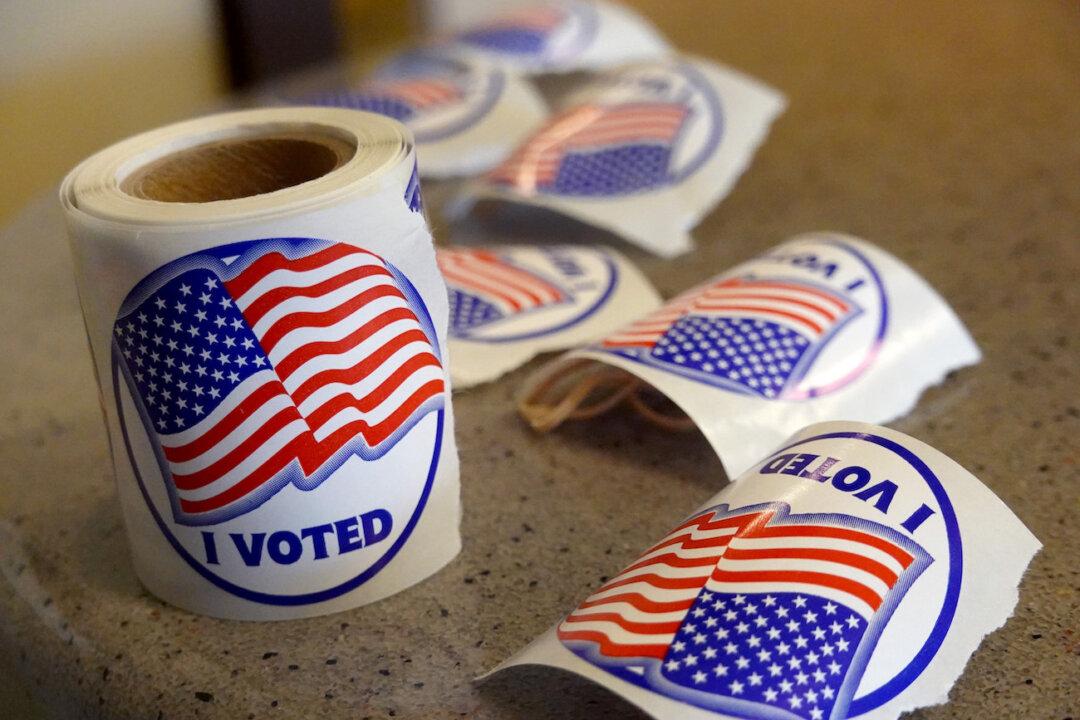House Democrats approved an election reform bill late on Aug. 24 that sought to amend parts of the 1965 Voting Rights Act in an effort to boost federal control over elections in the United States.
The John L. Lewis Voting Rights Advancement Act of 2021, also known as HR4, was approved by the lower chamber of Congress by a tally of 219–212 strictly along party lines, with no Republicans voting in favor of the measure.




